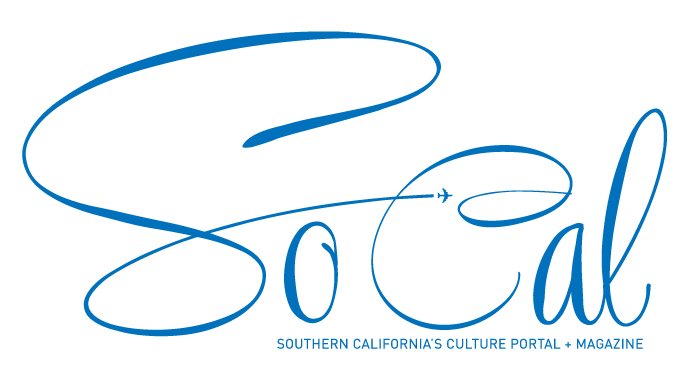
UNIQLO, a global casual wear brand, originated in Japan and has grown into one of the largest clothing retailers in the world. Here’s a look at its history:
Early Beginnings (1949-1980s)
UNIQLO’s origins trace back to 1949, when Ogori Shōji, a men’s clothing retailer, was founded in Ube, Yamaguchi Prefecture, Japan. In 1984, the company opened its first casual wear store in Hiroshima under the name Unique Clothing Warehouse—this was eventually shortened to UNIQLO, which stands for “Unique Clothing.”
Expansion Across Japan (1990s)
During the early 1990s, UNIQLO adopted a business model inspired by American casual wear companies, focusing on high-quality, low-cost basic clothing. By 1994, it expanded to 100 stores in Japan. The brand’s success stemmed from its mass-production model, keeping costs low while delivering simple, functional designs.
Global Expansion and Fast Retailing (2000s)
In 2001, UNIQLO’s parent company Fast Retailing was formed, and the company began its global expansion. It opened stores in the UK, China, South Korea, and the U.S. in the early 2000s. While the UK venture initially struggled, UNIQLO quickly adapted its strategies and continued expanding internationally.
Innovation and Collaboration (2010s)
UNIQLO’s success has been driven by its innovative approach to technology and partnerships. It introduced revolutionary products like HEATTECH (thermal wear) and AIRism (breathable fabric), enhancing its reputation for functional, high-quality garments. Collaborations with prominent designers like Jil Sander, JW Anderson, and artists such as Kaws also helped elevate the brand’s profile globally.
Present Day (2020s)
UNIQLO now operates in over 25 countries and continues to grow, particularly in Asia and Europe. Its philosophy of providing “LifeWear” that is simple, stylish, and affordable has positioned it as a leader in global retail. UNIQLO also emphasizes sustainability, aiming to reduce waste and embrace eco-friendly practices.
UNIQLO remains one of the key players in Fast Retailing’s portfolio, alongside brands like GU and Theory, making it one of the largest apparel companies in the world.
